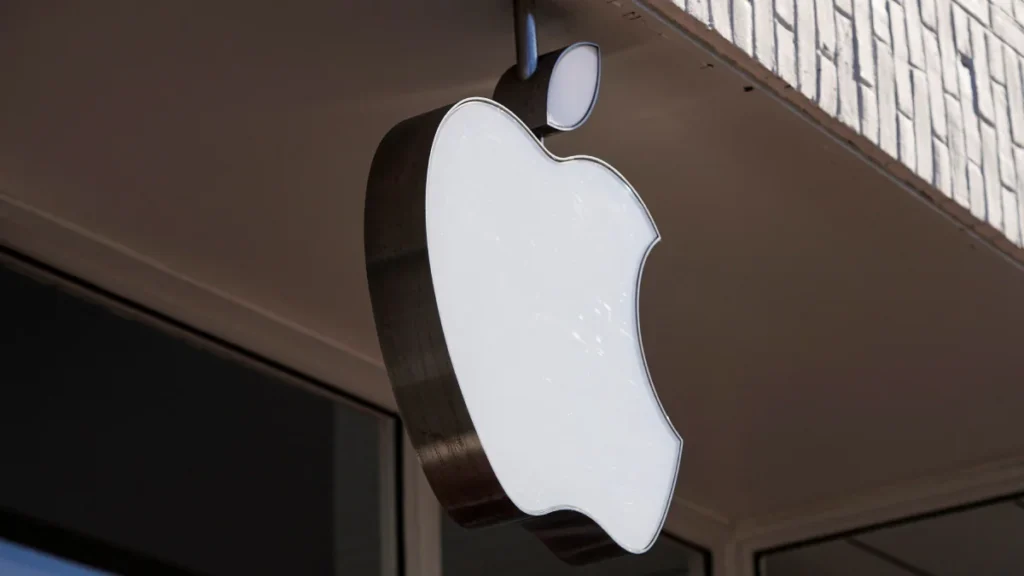Apple’s Proposed EU App Store Changes: Offering Developers Alternatives to App Store Distribution
In response to feedback from app developers and to ensure compliance with the Digital Markets Act (DMA) enforced by the European Union, Apple has made adjustments to its proposed changes. One significant modification involves the removal of a requirement for developers seeking to establish alternative app marketplaces to provide a standby letter of credit. This alteration comes amidst criticism from developers regarding the initial stipulations laid out by Apple.
Alongside five other tech behemoths, Apple is obligated to adhere to the DMA by March 7, a regulatory framework aimed at curbing their dominance and fostering a more equitable environment for competitors and consumers. The DMA outlines a set of regulations designed to mitigate their influence and foster greater competition and choice within the digital marketplace.
In January, Apple unveiled a series of proposals outlining measures that would enable software developers to distribute their applications to users within the European Union without reliance on Apple’s proprietary App Store infrastructure. These proposals also introduced new fee structures and conditions governing app distribution within the EU market, reflecting Apple’s efforts to adapt to the evolving regulatory landscape while balancing the needs of developers and consumers alike.
However, the initial proposal faced pushback from developers and industry stakeholders, prompting Apple to reassess its approach and make revisions to ensure alignment with the DMA’s objectives. The removal of the requirement for a standby letter of credit signifies Apple’s responsiveness to developer concerns and its commitment to fostering a more inclusive and competitive ecosystem for app distribution within the EU.

By revising its proposals in response to developer feedback and regulatory requirements, Apple aims to strike a balance between regulatory compliance, developer interests, and consumer choice. These modifications reflect the ongoing dialogue between technology companies, policymakers, and stakeholders in navigating the complexities of digital market regulation and ensuring a fair and transparent environment for all participants.
Apple has modified some of its proposals to comply with landmark EU tech rules after criticism from app developers, including dropping a demand that those who want to create alternative app marketplaces must have a stand-by letter of credit.
The company and five other tech giants have to comply by March 7 with the Digital Markets Act (DMA), which sets out a list of dos and don’ts aimed at reining in their power and creating a level playing field for rivals and more choices for users. Apple had in January announced proposals which allow software developers to distribute their apps to users in the European Union outside of Apple’s own App Store, as well as new fees and conditions.
















